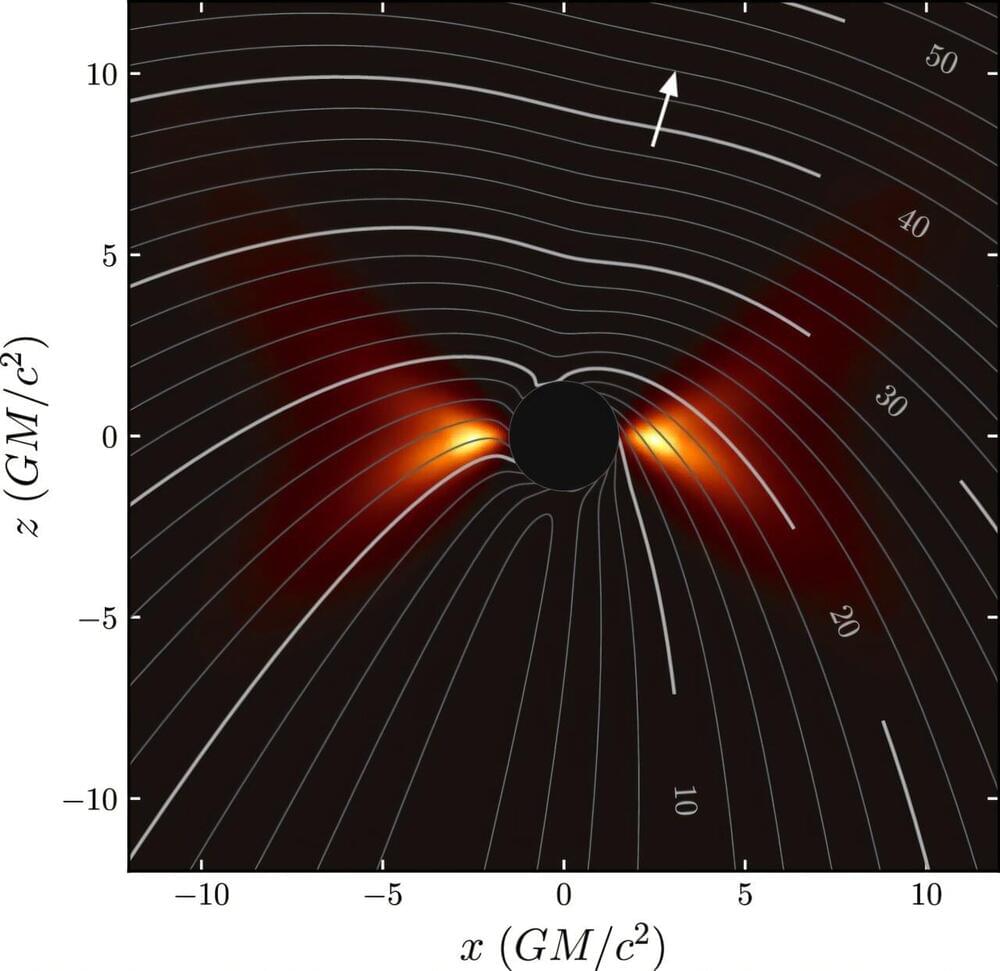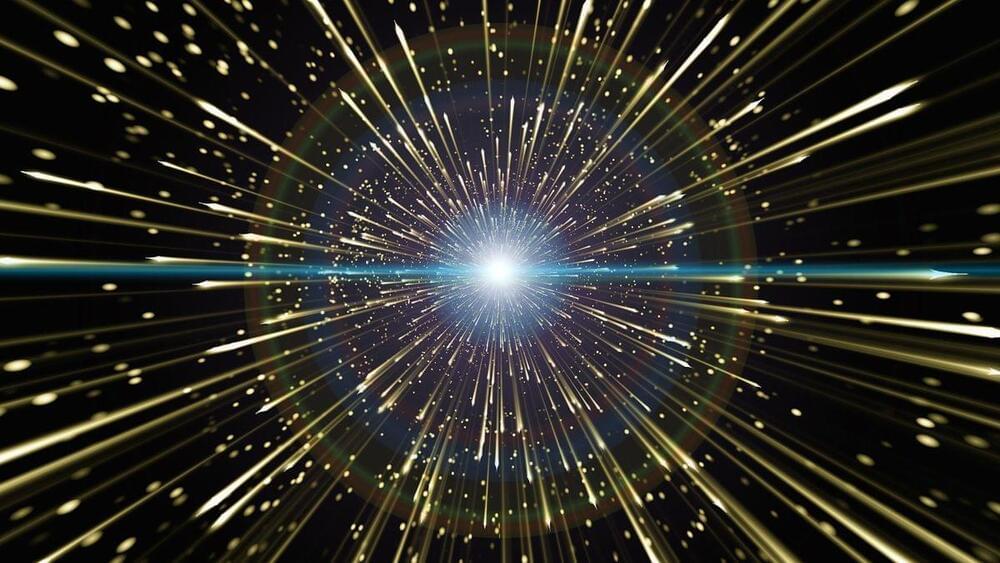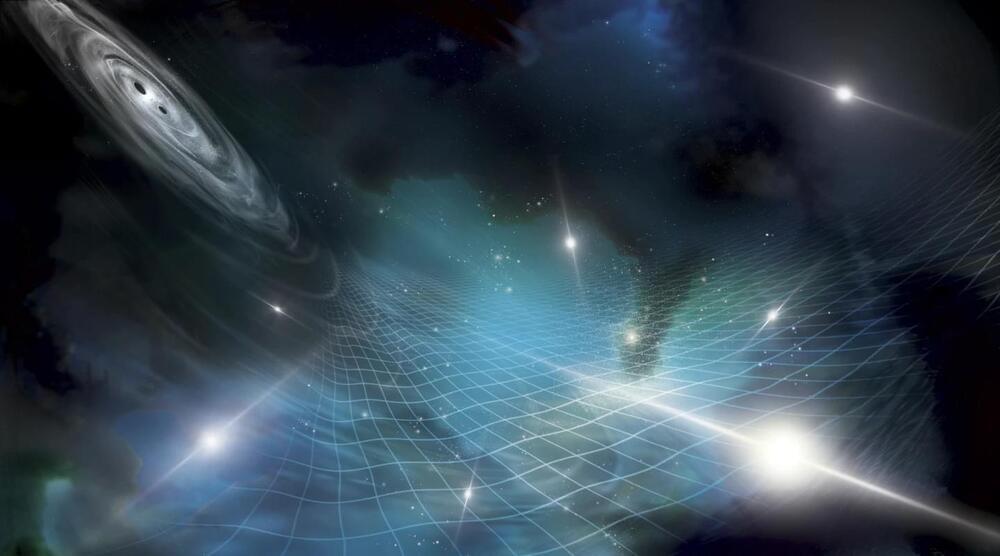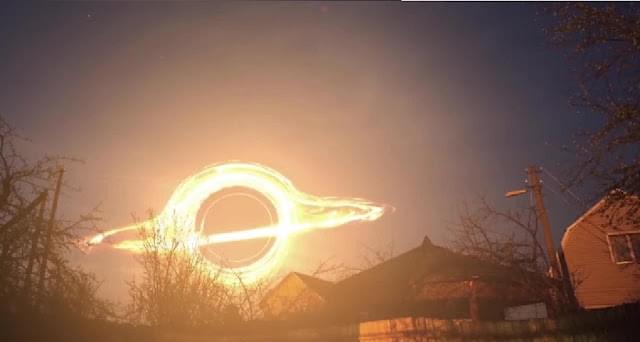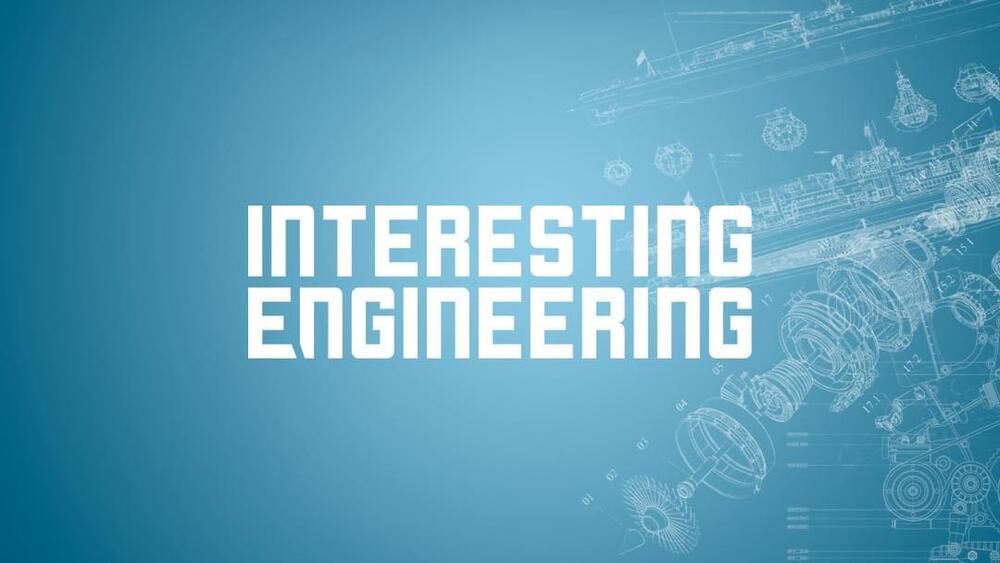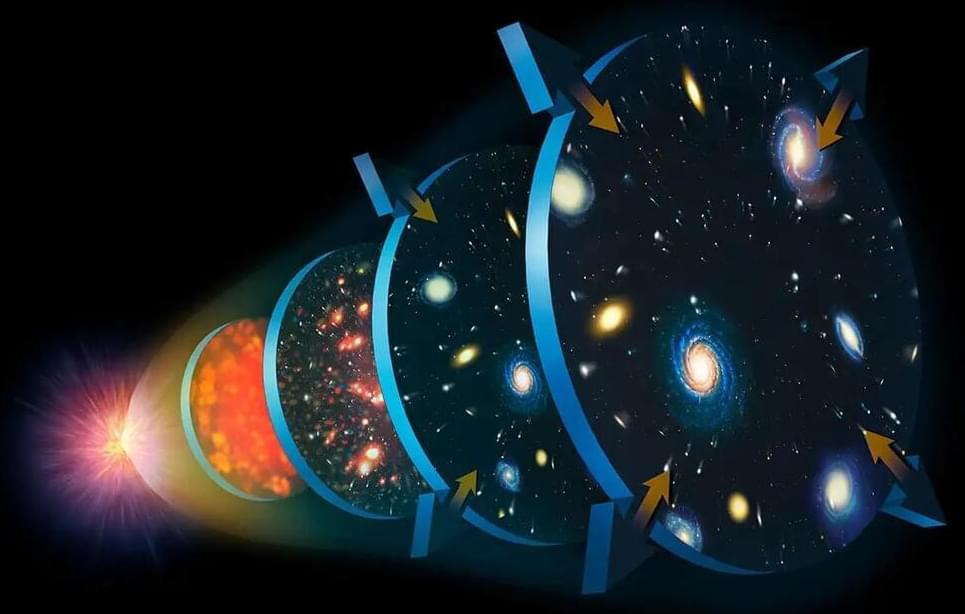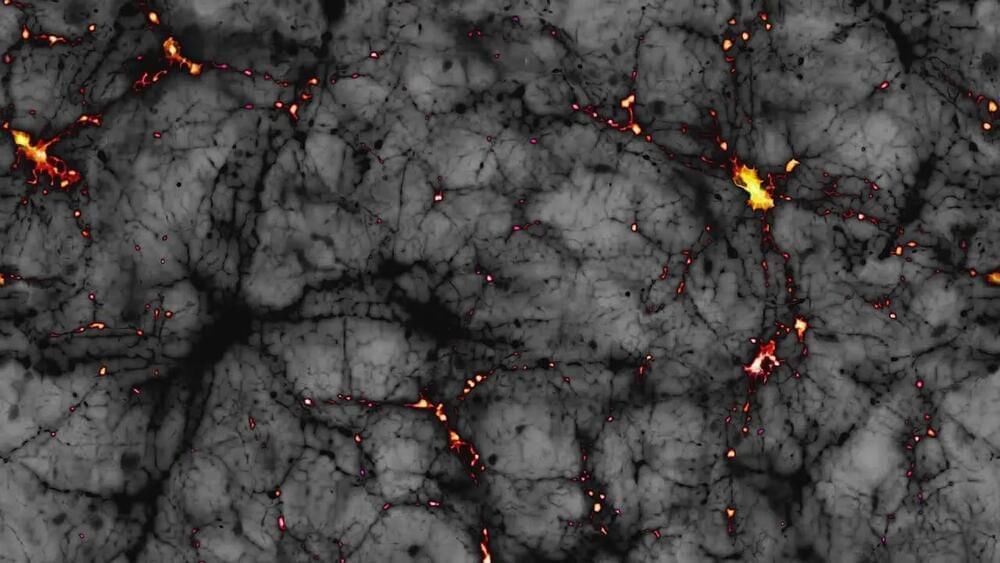A new statistical analysis by researchers at the University of Arizona suggests that color vision evolved in animals around 500 million years ago, long before the evolution of colorful fruits and flowers, which started sprouting 200 to 350 million years ago. The researchers focused on what they term “conspicuous colors”—basically, the ones kids are likeliest to select in a 16 pack of Crayolas—red, orange, yellow, blue and purple.
Around 150 million years ago, presumably to capitalize on the well-established prevalence of color vision, species began evolving warning coloration. And 50 million years later, there was an evolutionary explosion of both warning and sexual coloration. Although the reasons behind this evolutionary burst are still unclear, the researchers identified three warning signal animal vectors behind it: ray-finned fishes, birds and lizards.
Additionally, warning coloration is much more widespread among species than sexual coloration, likely because colorful animals do not themselves need to have color vision to signal the danger they pose to other, color-sensitive species. Sexual color signals, on the other hand, are confined to vertebrate and arthropod species that have well-developed color vision.
